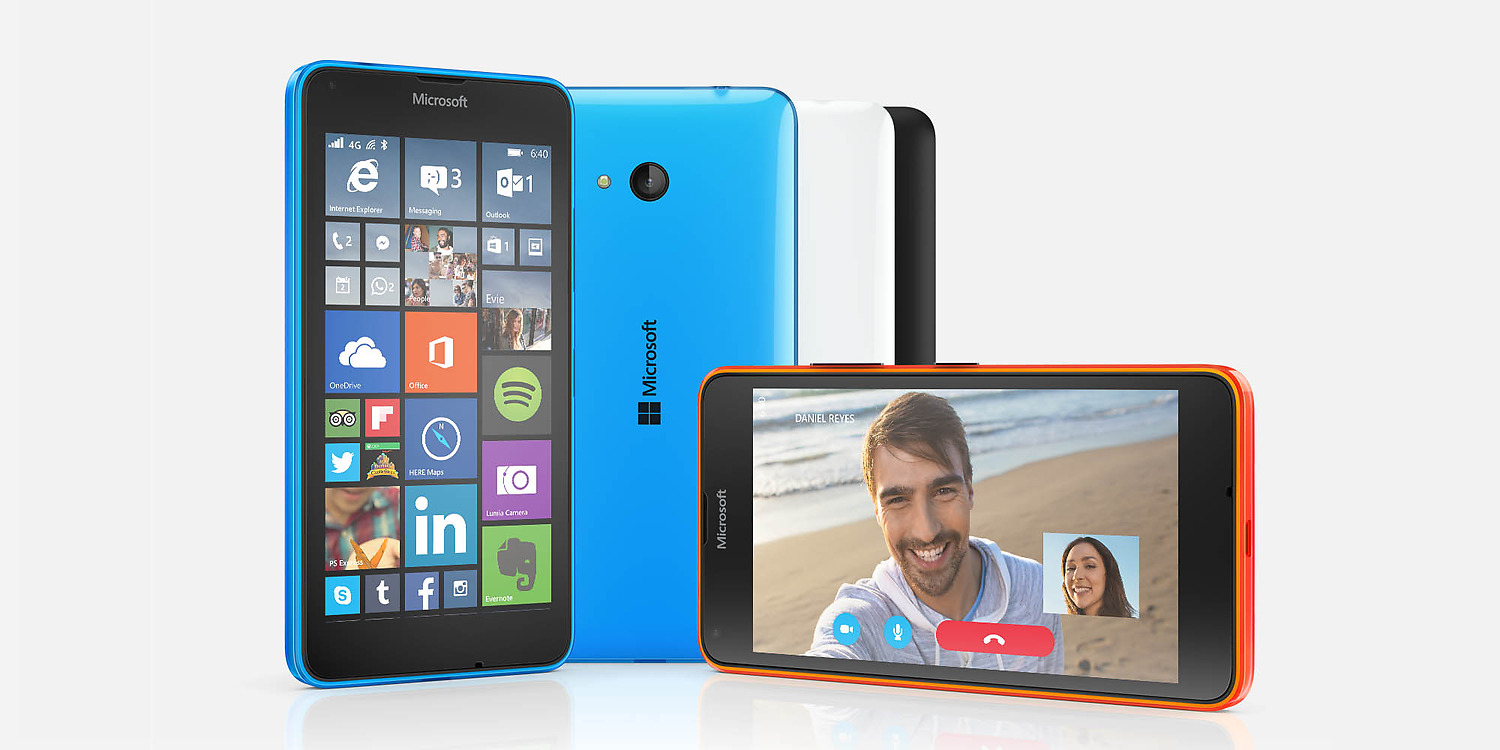




When it comes to computers even before the eyes blink, we take the name of Microsoft. Quite recently, understanding the market trend the company plunged into the smartphone industry as well in the form of its own Windows phone. Adding a cherry to the cake, the company took over Nokia adding another line of products in the form of Lumia smartphones.
However, the Lumia users are hanging on the mid-way for now since on one end they are excited about the launching of new Lumia smartphone while on the other end reports indicate that this might be the only smartphone that the company would be launching this year. The new Lumia phone dubbed the Lumia 650 is likely to feature a premium look and feel with a mid-range specs and is to debut on Feb,1 this year.

Just like it happens, there are no confirmed reports on the specs of this Lumia handset, however, it is believed to sport a 5.0-inch 720p screen with either a Snapdragon 210 or 212 processor. Additionally, it features 1GB of RAM, an 8-megapixel camera and one 5-megapixel camera for the selfie lovers. Though the smartphone is eye catchy not just on the terms of specs, but also on the respect of its design which just like its previous siblings will be inspired by polycarbonate design.
Though some time back there was news of Lumia 750 or 850 in the line for getting launched, however, latest reports state that now they have been cancelled which for sure will hamper the Lumia lineup as well as the overall productivity of the Microsoft tech-giant.
Under Nadella, the software giant's smartphone strategy has been somewhat unpredictable. Generally speaking, Microsoft has walked away from a focus on hardware to a focus on software experiences, like Windows 10 Mobile and Continuum. Whether or not this latest rumor means Microsoft is slowing down its handset output is still an open question. But Microsoft will eventually need devices to put Windows 10 Mobile on, and so far very few of its OEM partners are jumped aboard.